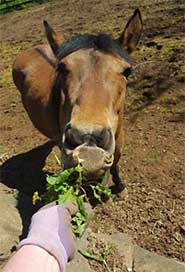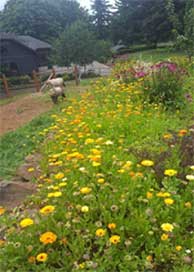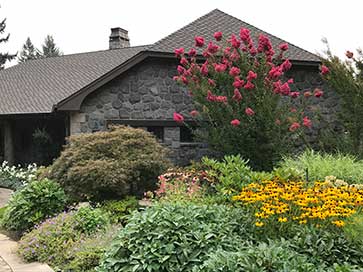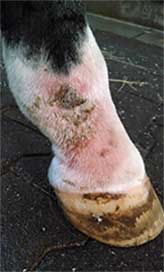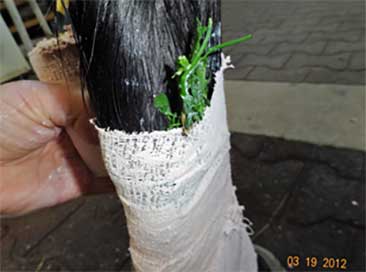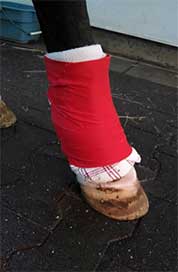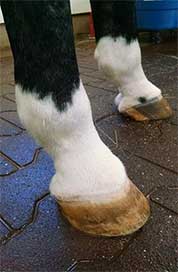Our Core Values
In today’s bustling world, there is nothing like being in the saddle with your friend. Our Core Values speak to why we do what we do: helping horses and their riders tap into the peace and understanding that heals from within.
Safety
To teach the student how to understand the horse’s thoughts and body language.
Compassion
To feel and understand the thoughts of others.
Integrity
To tell the truth, to respect, to be consistent and accountable.
Wellness
To strive for empathy through the mind, body and spirit of the horse and human.
Agenda
To have NO agenda and to leave EGO at the front gate.
Our Mission
At Wild Horse Mountain Farms, we teach so much more than just riding and horsemanship!
Our Mission at Wild Horse Mountain Farms is to create a safe learning environment for both the horse and the human.
Our Mission is to help the client or student ‘look into the eyes’ of the horse and learn how to understand where the horse is coming from, what they are thinking, what they are feeling, so that they may earn their horse’s trust and create a willingness to want to be with us.
Our Mission is to help the client or student to develop a curiosity to learn and to give the horse and the human the time it takes to do so.
Wellness at Wild Horse Mountain
One of my passions is studying medicinal herbs. I became interested in healing plants and weeds by watching my mustang, Luna graze in the pastures. Her knowledge of how to survive in the wild of the Coyote Lakes region of Oregon intrigued me and I began to study her selections.
To understand more on the healing power of herbs, I decided to take up studies at the American College of Healthcare Sciences, where I earned two certificates in Herbal Retail Management and Natural Products Manufacturing.
I am continuing my herbal studies and now I harvest many varieties of medicinal herbs at the farm. Each night my horses look forward to their herbal teas, and I am constantly researching new healing tea blends, oils, salves and poultices to help them maintain the most natural way to health that I can provide. My thinking is – we took the horse out of nature, and by way of my medicinal herbs, I am giving a little of nature back to them.
With the consultation and support of my equine veterinarian I am always researching holistic methods to assist with the herd’s wellness.
In the future, WHMF will be hosting Equine Herbal clinics, where guests will learn how to identify poisonous and nonpoisonous weeds and plants in the Pacific Northwest.
You will also learn how to make healing salves, bug sprays, teas, poultices and so much more!
One of my passions is studying medicinal herbs. I became interested in healing plants and weeds by watching my mustang, Luna graze in the pastures. Her knowledge of how to survive in the wild of the Coyote Lakes region of Oregon intrigued me and I began to study her selections.
To understand more on the healing power of herbs, I decided to take up studies at the American College of Healthcare Sciences, where I earned two certificates in Herbal Retail Management and Natural Products Manufacturing.
I am continuing my herbal studies and now I harvest many varieties of medicinal herbs at the farm. Each night my horses look forward to their herbal teas, and I am constantly researching new healing tea blends, oils, salves and poultices to help them maintain the most natural way to health that I can provide. My thinking is, we took the horse out of nature, and by way of my medicinal herbs, I am giving a little of nature back to them.
With the consultation and support of my equine veterinarian I am always researching holistic methods to assist with their wellness.
In the future WHMF will be hosting Equine Herbal clinics, where one will learn how to identify poisonous and nonpoisonous weeds and plants in the Pacific Northwest.
You will also learn how to make healing salves, bug sprays, teas, poultices and so much more!
Advance Your Knowledge
“The best thing that I try to do for myself is to try to listen to the horse. I don’t mean let him take over, I listen to how he’s operating, what he’s understanding or what he doesn’t understand, what’s bothering him and what isn’t bothering him. I try to feel what the horse is feeling and operate from where the horse is at.”
— Tom Dorrance

